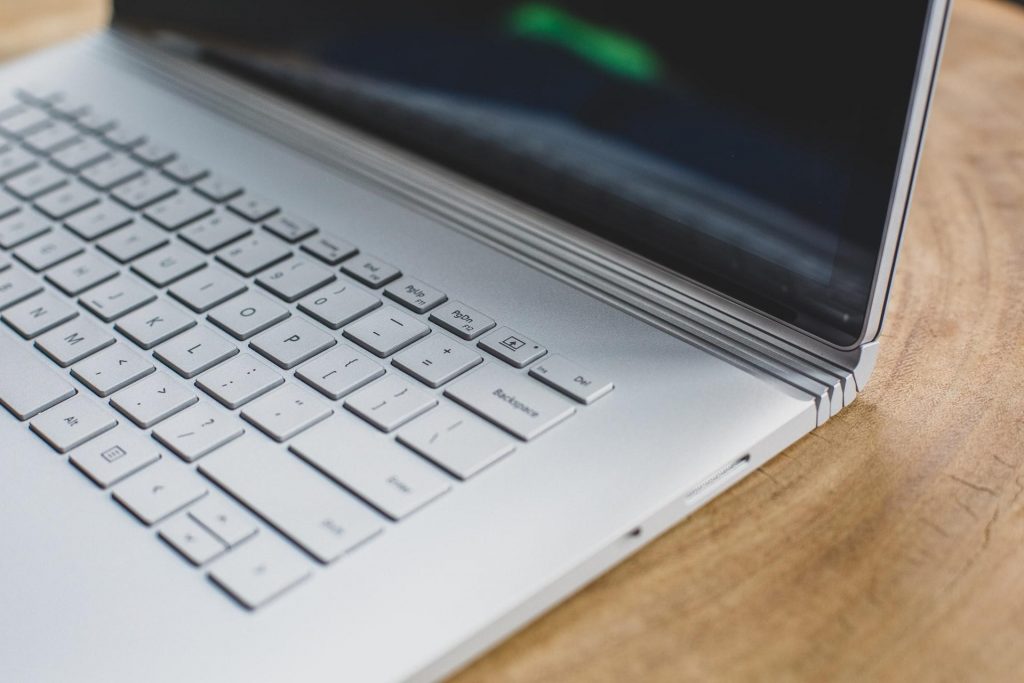The world is facing a sharp uptick in the number of digital threats and concerns. As more and more people worldwide are online and we reach near-universal connectivity, the number of potential targets has increased.
Accordingly, cyber criminals have upped their game. Today, cyber crime is an industry in its own right with software as a service (SaaS) providers, hireable tools, criminal expert consultants, large criminal businesses, and end users. According to Infosecurity Magazine, the burgeoning industry has undergone an “industrial revolution” of sorts and scaled and modernized to meet increased need for its shadowy services.
In addition, 2020’s global pandemic has fueled the fire, showing us that digital criminals are more than happy to profit from panic. At the height of the crisis, there was a 6,000 percent increase in scams, malware, and threats related to coronavirus, prompting the Financial Times to call COVID-19 a “gift for cyber criminals.”
Microsoft’s Windows operating system (OS) is one of the most used platforms globally, coming a close second only to Android. In line with this, cyber criminals create threats that specifically target Windows devices and Windows users more often than they do Mac devices, for example, as the potential profit is greater courtesy of the broader range of targets.
In 2021 and beyond, Windows users need to pay greater heed to cybersecurity measures to ensure their device’s safety and keep their data secure. With that in mind, here we take a closer look at ways to secure Windows PC, including Windows’ own native tools and a few important third-party security solutions.
Enable Microsoft Windows’ own in-built tools
Windows 10 offers Microsoft’s best, most comprehensive security solutions so far. Enable the following tools to make the most of what the OS offers.
Windows Update
Windows Update is arguably the most important security setting in Microsoft’s platform. It ensures that all of your software and systems are updated and keeps Windows 10 PCs protected from hackers and other digital nasties. Updates contain patches for software and applications. Companies release these to fix the known bugs and vulnerabilities that could be exploited by threat actors.
In Windows 10, a built-in feature automatically updates the system and software programs that need it. But note that Windows Update doesn’t cover all the third-party apps you might have on your PC, so keep these updated as and when required. If you have an older Windows OS, check for updates regularly.
Microsoft Defender
You might better know Microsoft Defender as Microsoft AntiSpyware and Windows Defender Antivirus. It’s native security software in-built into Windows 10 PCs and detects viruses, spyware, and malware. This endpoint protection software incorporates threat resistance research, machine learning, and data analysis to protect your device.
Microsoft Defender offers real-time protection, cloud-delivered security solutions, and automatic updates. Ensure Defender is enabled on your PC. Or, if you prefer, you can disable Microsoft Defender and switch to third-party security providers for your firewall, antimalware, and antivirus solutions.
Bitlocker
Bitlocker is an encryption technology for your hard drives that prevents unauthorized access to your sensitive files. It is only available for Pro and Enterprise versions of Windows 10, however. If you have a job that requires you to encrypt the data on your PC, or you just want extra peace of mind, Bitlocker is an eminently handy tool.
Look into third-party security solutions
In addition to the above tools, you should consider the following third-party tools:
Virtual Private Network (VPN)
A VPN is one of the best software to use to instantly boost your online security and keep your data safe and sound. With a VPN, all of your online traffic is encrypted and the software creates a private browsing network (as its name suggests), meaning that it’s near-impossible for threat actors to detect your activity online or to intercept and decode any data traffic. VPNs are essential if you’re working remotely and connecting to company systems.
Anti Malware & Antivirus
In recent years, Microsoft has put a lot of work into Windows Defender, but there are still areas in which it cannot compete with third-party providers, such as advanced malware detection and a lack of identity theft protection. While it is free and included on Windows PCs, it simply isn’t enough for some users. To that end, many PC owners prefer the dynamic protections afforded by high-quality, paid antimalware and antivirus solutions.
Securing your PC in 2021 is a matter of importance, and users should take note of the heightened threat levels and mitigate the risks by following the steps above to secure their devices.
